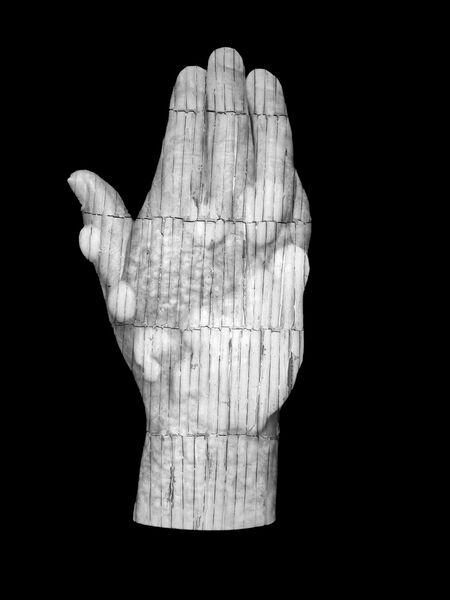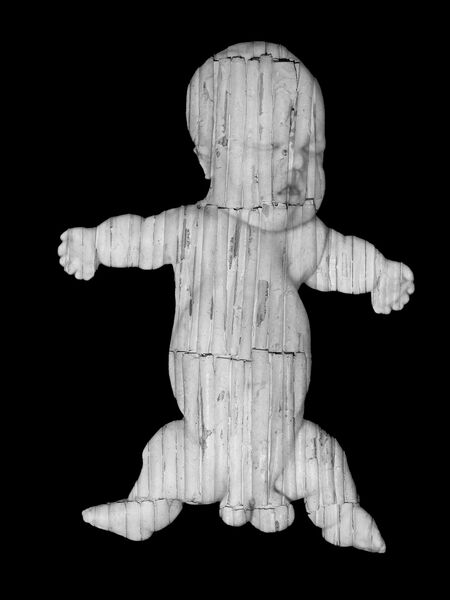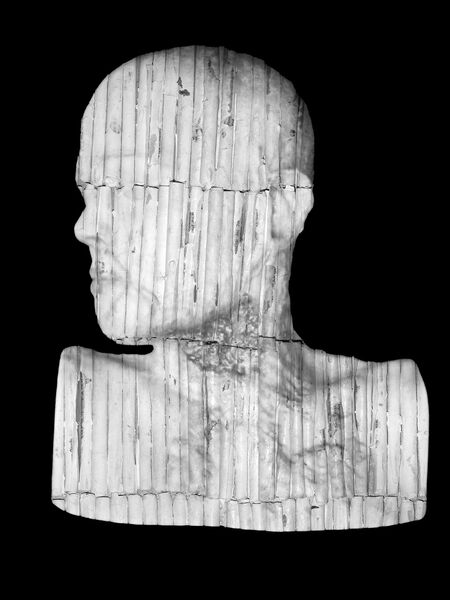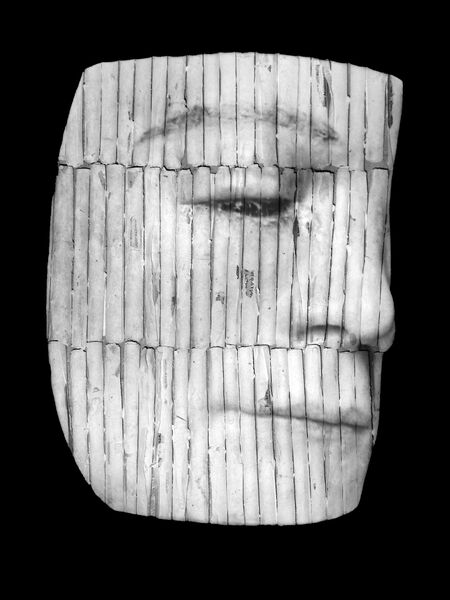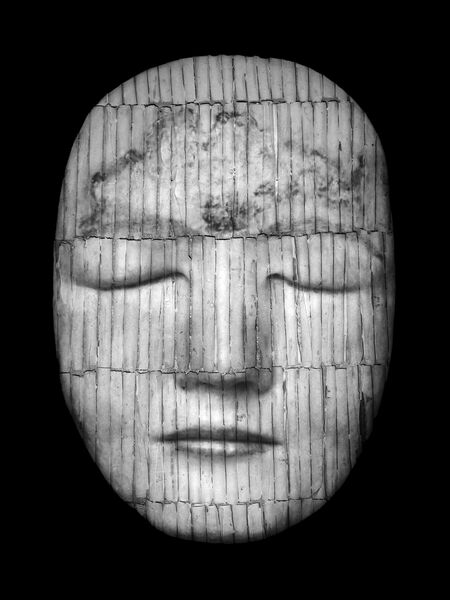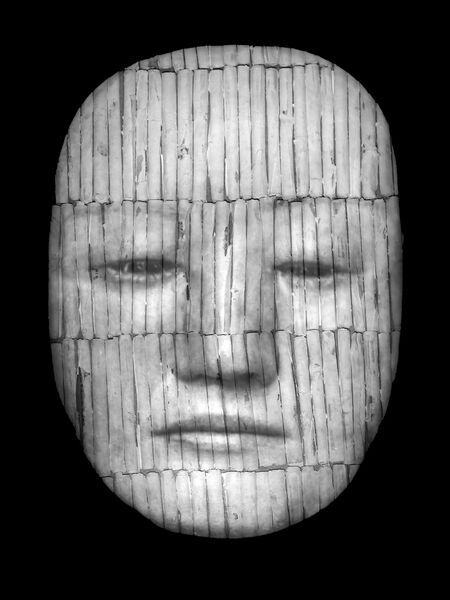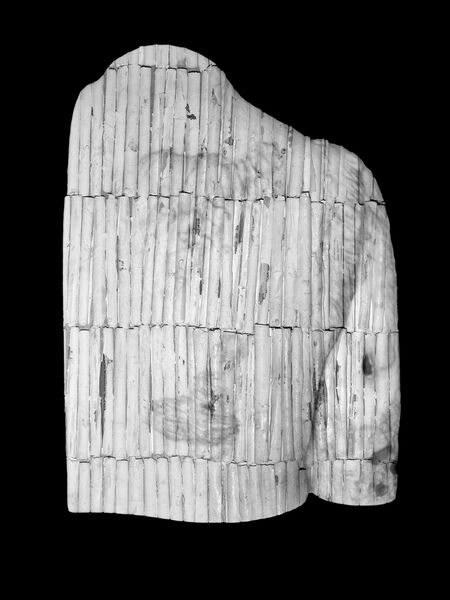Weißer Regen ( White Rain),2024
Forgotten Doctrine ( 2025)
https://www.blurb.co.uk/b/12511915-forgotten-doctrine
"The Federal Republic of Germany is one thing, the German Democratic Republic is another, a completely different thing. As long as there are hostilities and aggressions from over there, we must keep the enemy image alive."
—Karl-Eduard von Schnitzler, Chief Commentator on East German television, Schwarzer Kanal, 16th October 1989.
During a 2023 visit to Potsdam’s Russian Colony, I felt an unexpected nostalgia. The wooden houses, fruit orchards, and scent of Russian cooking evoked childhood memories—yet conflicted with my disillusionment over Russia’s war in Ukraine. Walking through Alexandrowka, I felt displaced. The atmosphere, like a Chekhov play, brought back the Russian literature of my youth—Dostoevsky, Tolstoy, Chekhov, and Kyrgyz writer Chingiz Aitmatov—stories that shaped my understanding of resilience. Soviet literature was not only cultural enrichment; it was ideological conditioning. We were taught to revere our Soviet “class brothers” while the West was cast as an existential threat. These binary categories—friend or foe—were not just ideological tools, but state doctrine. Deviation invited punishment. The message: Whoever is not with us is against us.
In response, I began erasing books by Soviet authors I once admired. This act of defacement became the foundation of Weißer Regen (White Rain), a title borrowed from Aitmatov, where white rain symbolises both cleansing and erasure. By covering pages in white paint, I explore historical whitewashing and the concealment of uncomfortable truths. Projected GDR civil defence slides—once used to teach gamma radiation training—illuminate the rolled pages, referencing the militarisation of childhood. Images of chemical warfare effects serve as stark reminders of how indoctrination shaped us.
Weißer Regen confronts the tension between nostalgia, disillusionment, and manipulated memory—revealing how history is shaped, concealed, and ultimately forgotten.
12 prints (80 × 60cm)
https://www.blurb.co.uk/b/12511915-forgotten-doctrine
"The Federal Republic of Germany is one thing, the German Democratic Republic is another, a completely different thing. As long as there are hostilities and aggressions from over there, we must keep the enemy image alive."
—Karl-Eduard von Schnitzler, Chief Commentator on East German television, Schwarzer Kanal, 16th October 1989.
During a 2023 visit to Potsdam’s Russian Colony, I felt an unexpected nostalgia. The wooden houses, fruit orchards, and scent of Russian cooking evoked childhood memories—yet conflicted with my disillusionment over Russia’s war in Ukraine. Walking through Alexandrowka, I felt displaced. The atmosphere, like a Chekhov play, brought back the Russian literature of my youth—Dostoevsky, Tolstoy, Chekhov, and Kyrgyz writer Chingiz Aitmatov—stories that shaped my understanding of resilience. Soviet literature was not only cultural enrichment; it was ideological conditioning. We were taught to revere our Soviet “class brothers” while the West was cast as an existential threat. These binary categories—friend or foe—were not just ideological tools, but state doctrine. Deviation invited punishment. The message: Whoever is not with us is against us.
In response, I began erasing books by Soviet authors I once admired. This act of defacement became the foundation of Weißer Regen (White Rain), a title borrowed from Aitmatov, where white rain symbolises both cleansing and erasure. By covering pages in white paint, I explore historical whitewashing and the concealment of uncomfortable truths. Projected GDR civil defence slides—once used to teach gamma radiation training—illuminate the rolled pages, referencing the militarisation of childhood. Images of chemical warfare effects serve as stark reminders of how indoctrination shaped us.
Weißer Regen confronts the tension between nostalgia, disillusionment, and manipulated memory—revealing how history is shaped, concealed, and ultimately forgotten.
12 prints (80 × 60cm)
